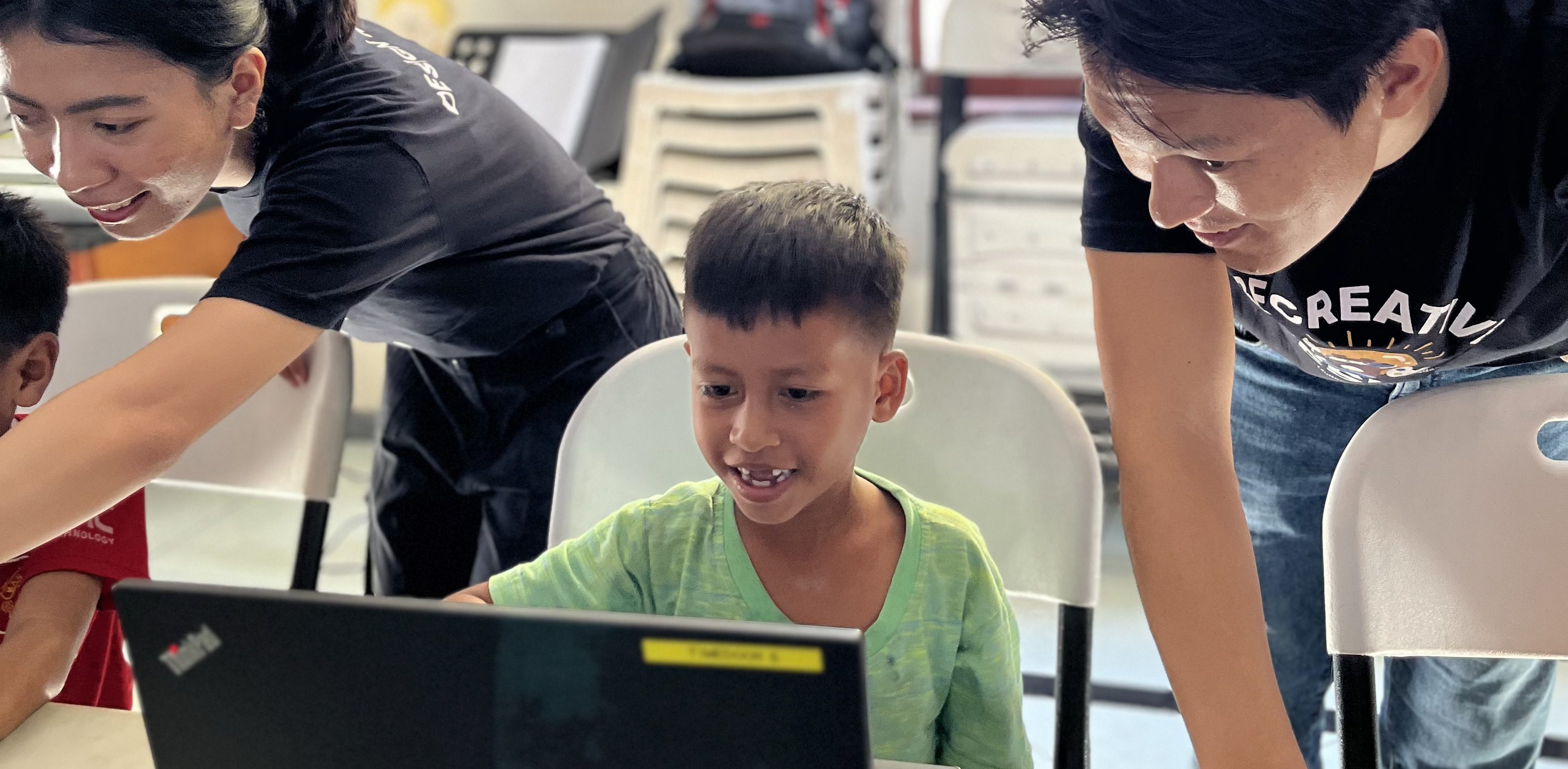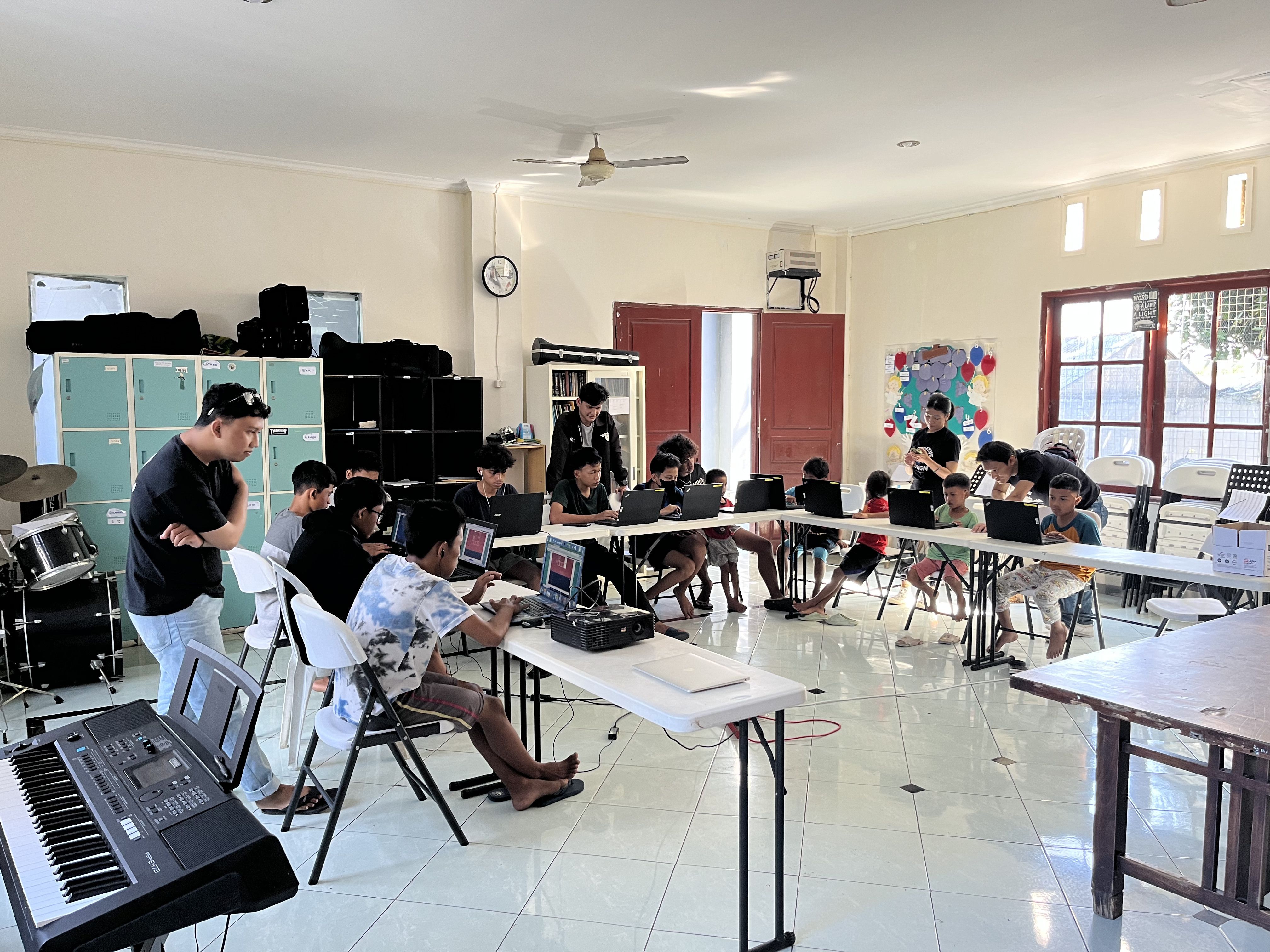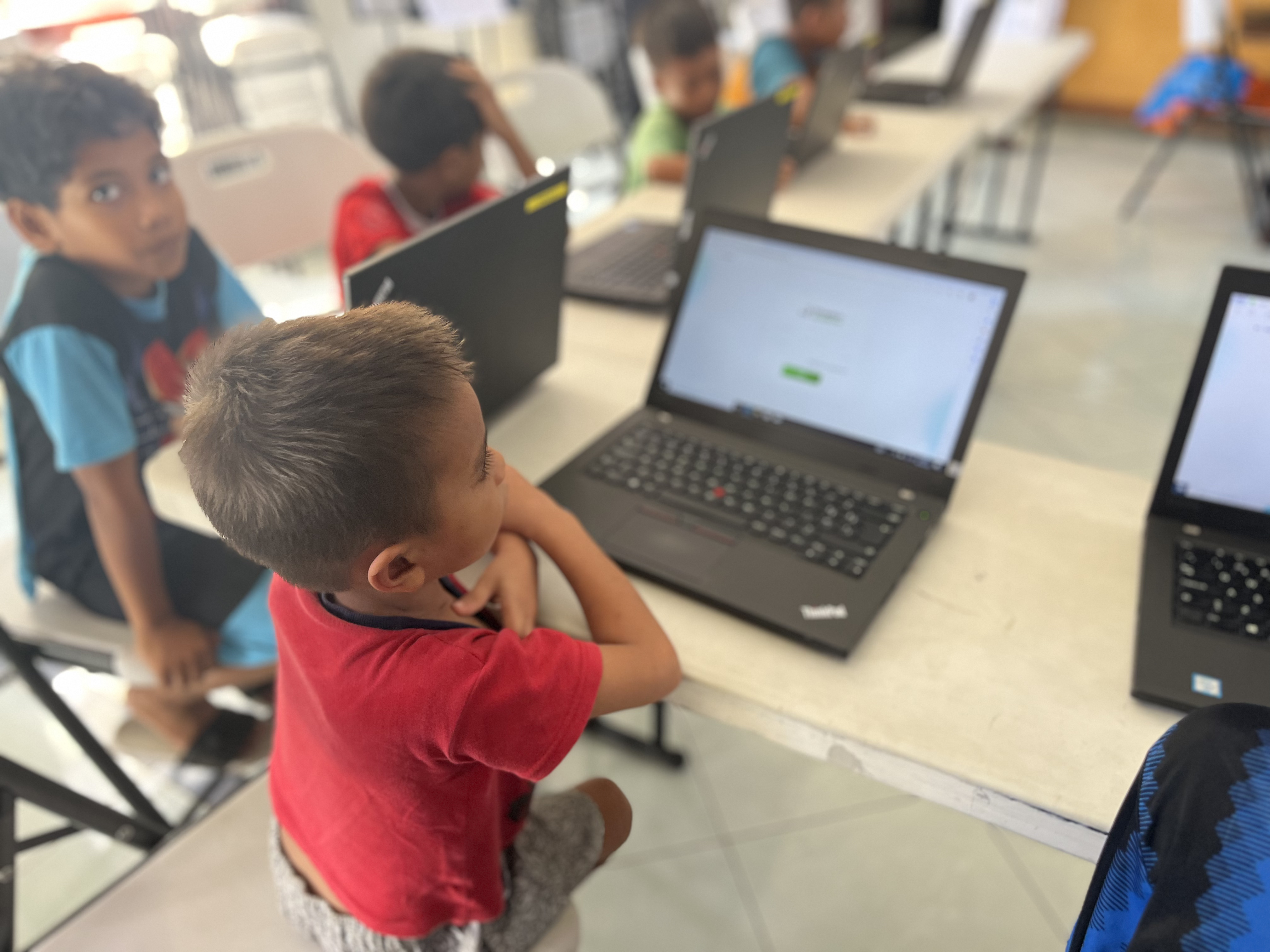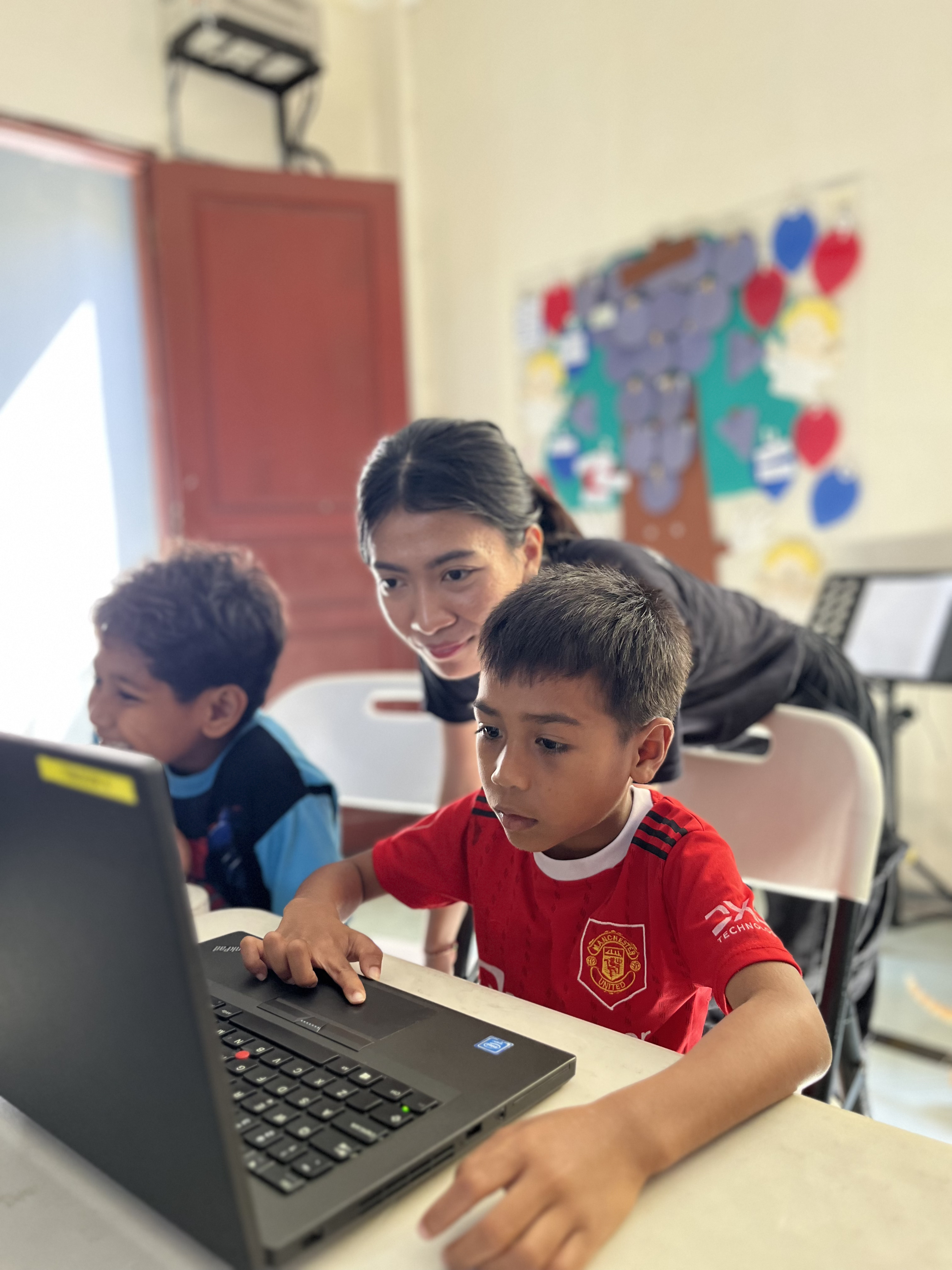Free Coding Class for Children in Orphanage

Introduction
Timedoor Academy has proudly launched a free educational initiative dedicated to the children of the “Rumah Impian” orphanage. As part of our commitment to fostering skill development in underserved communities, we are offering comprehensive coding classes at no cost. Additionally, to facilitate this learning, we are providing them with computers. This endeavor aims to equip these children with valuable digital skills, paving the way for broader job opportunities in their future.

Background
Children in orphanages don’t have parents and live a limited simple life. They often face limited money and opportunities. Upon completing their high schooling, they might encounter challenges in securing rewarding employment due to a lack of specialized skills, knowledge, and educational background.

Message from CEO
Our CEO, Yutaka, emphasizes the significance of coding in today’s world. He mentions, “Coding is everywhere in your game, mobile app, etc. it’s a tool for innovation and creativity.” Yutaka envisions these children not just as users of digital platforms but as creators, shaping their own destinies. He believes this skill will help them get better jobs in the future.

What We Teach
Children and teenagers, ranging from 6 to 19 years, are all welcome in our program. We have tailored coding lessons suitable for each age bracket. The younger ones might begin with foundational coding concepts through engaging game activities, while the older participants delve into more advanced tasks like text coding game development. The enthusiasm and rapid progress of these students have been truly inspiring.

What’s Next?
Our dedication to this cause doesn’t end with a few lessons. We intend to consistently teach and mentor these children on a weekly basis. By instilling coding knowledge now, we are optimistic about expanding their future employment prospects.
Through this initiative, Timedoor Academy aims to empower these children, ensuring they have the skills and confidence to navigate the digital future ahead.

This is part of our CSR Project “Tech for Leap”. If you are interested in supporting our project, please kindly contact us.
Tech for Leap – Charity Coding Project for Unprivileged Children



